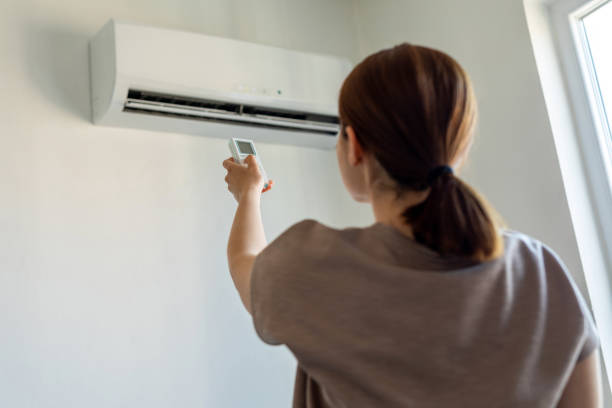As of my last knowledge update in January 2022, I don’t have specific information on the latest developments in air conditioner maintenance for 2024. However, I can provide you with general guidelines and practices that are commonly recommended to ensure the optimal performance and longevity of air conditioning units. It’s important to note that staying updated with the latest maintenance recommendations from manufacturers and HVAC professionals is crucial for the most accurate information.
1. Regular Filter Replacement: Regularly changing or cleaning the air filters is a fundamental aspect of air conditioner maintenance. Clogged or dirty filters can restrict airflow, reducing the system’s efficiency and causing it to work harder. Depending on the type of filter, it’s generally recommended to replace or clean it every one to three months.
2. Annual Professional Inspection: Schedule an annual inspection by a qualified HVAC professional. This comprehensive check-up includes examining the refrigerant levels, inspecting the coils and fins for dirt or damage, checking the thermostat, and ensuring all components are in good working condition. A professional can identify potential issues early on and perform necessary adjustments or repairs.
3. Clean Coils and Fins: Over time, the evaporator and condenser coils can accumulate dirt, reducing the unit’s ability to absorb and release heat efficiently. Cleaning the coils and fins is a vital maintenance task. This can involve using a soft brush or vacuum to remove debris and, in some cases, professional coil cleaning.
4. Proper Clearances: Ensure that the area around the outdoor condenser unit is clear of debris, vegetation, and other obstructions. Adequate clearance allows for proper airflow, preventing the system from overworking and improving overall efficiency.
5. Check Refrigerant Levels: Low refrigerant levels can indicate a leak or other issues within the system. Regularly checking and maintaining the correct refrigerant levels is crucial for optimal performance. If you notice a decline in cooling efficiency, it’s essential to have a professional assess and address any potential refrigerant issues.
6. Duct Inspection: Leaks or blockages in the ductwork can significantly impact the efficiency of your air conditioning system. Periodically inspecting and sealing ducts helps maintain proper airflow and ensures that cool air reaches all areas of your home.
7. Smart Thermostat Optimization: If you have a smart thermostat, regularly check and optimize your cooling schedules. Utilizing programmable settings and taking advantage of energy-saving features can contribute to more efficient operation and lower energy bills.
8. Upgrade to Energy-Efficient Units: Consider upgrading to newer, energy-efficient air conditioning units. Modern systems often come with advanced features that contribute to energy savings, such as variable-speed compressors and smart technology that allows for more precise temperature control.
To ensure the effectiveness and longevity of your air conditioning unit, it’s essential to follow a comprehensive maintenance routine and stay informed about any specific recommendations from the manufacturer. Regular maintenance not only improves efficiency but also helps prevent unexpected breakdowns, saving you money and ensuring a comfortable indoor environment. Always consult with HVAC professionals for personalized advice based on your specific system and usage.
